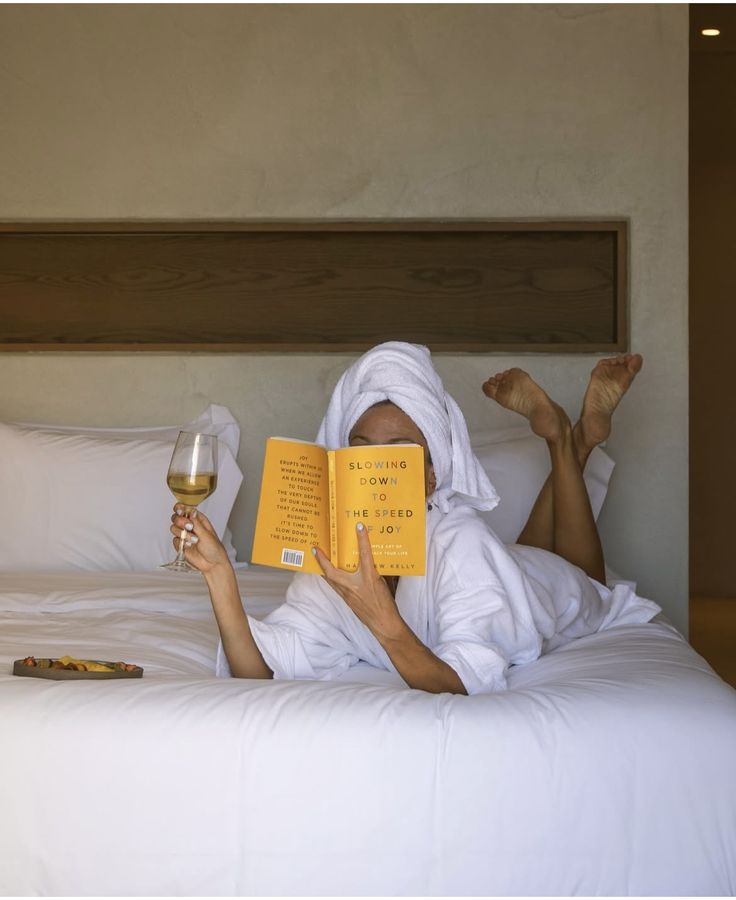
TikTok, Tarot & Therapy: When Pop Culture Learns Emotional Depth
By Uooshy Editorial Team
There was a time when healing happened in private — journals under pillows, quiet therapy sessions, long phone calls with friends. Now, it’s on your feed: a therapist reacting to relationship red flags, a tarot reader predicting your “shadow work era,” a stranger reminding you to unclench your jaw.
The scroll has become a mirror. And Gen Z is gazing into it — not with vanity, but with intention.
The Spiritual Internet 2.0
Spirituality used to feel fringe — incense, moon water, maybe a crystal tucked under your pillow. Now, it’s algorithmic. TikTok’s “spiritual awakening” hashtag has billions of views, and astrology is as mainstream as skincare routines.
Yet this isn’t the mysticism of our mothers’ era. This is Spirituality 2.0 — intuitive but internet-born, deeply personal yet wildly public. Tarot spreads are performed between latte art videos. Mercury retrograde warnings sit beside GRWMs.
It’s ironic and earnest all at once — part satire, part soul-searching. Because Gen Z isn’t laughing at belief; they’re reclaiming it.
For many, tarot and astrology aren’t entertainment. They’re tools for reflection, emotional vocabulary for people raised on logic, speed, and screens. A way to pause — and feel.

Therapy Speak Goes Mainstream
Scroll long enough, and you’ll spot another language emerging: “boundaries,” “attachment styles,” “inner child,” “emotional regulation.” Therapy-speak has become cultural currency, woven seamlessly into tweets, memes, and casual conversation.
What once belonged to the therapist’s office now lives in the group chat — or a viral meme about canceling weekend plans to protect your nervous system.
There’s humor, but there’s also healing. For a generation raised through collective trauma — climate anxiety, digital pressure, social isolation — therapy-speak isn’t a trend. It’s survival.
“We’re witnessing the normalization of emotional education,” says psychologist Dr. Anya Laurent. “Gen Z is democratizing language that used to feel clinical or distant. They’re giving emotional literacy a human voice.”
And maybe that’s the most powerful shift — healing as a shared conversation instead of a solitary pursuit.
When Memes Become Medicine
Somewhere between irony and empathy, Gen Z turned memes into modern-day mantras. “It’s okay if all you did today was exist.” “Healing isn’t linear.” “You deserve softness.”
They circulate like digital care packages — small affirmations disguised as humor, carrying truth in lowercase fonts and soft pastels.
It’s easy to dismiss this as surface-level, but for many, those words arrive at the exact right moment. The scroll becomes sacred.
This is what the emotional internet looks like: healing through relatability, reflection through humor. It’s how a 19-year-old in Tokyo, a 26-year-old in Toronto, and a 32-year-old in Texas can all feel seen by the same post — and maybe breathe a little easier because of it.

Tarot as Mirror, Not Fortune
Tarot’s resurgence on TikTok and Instagram isn’t about predicting the future — it’s about decoding the present.
Creators like @moonandmuse or @thecardarchives aren’t claiming mystical authority; they’re offering frameworks for self-inquiry. Pulling a “Tower” card isn’t doom anymore — it’s metaphor. It’s language for change, for endings that feel like beginnings.
What’s evolved is the tone. Tarot isn’t dramatized. It’s tender, curious, even educational. The same goes for astrology. Co–Star’s push notifications and birth chart breakdowns aren’t just cosmic forecasts — they’re emotional mirrors.
Gen Z doesn’t believe the stars control them; they believe in reading patterns, in translating chaos into meaning. Astrology becomes a shared shorthand for emotional check-ins — “I’m just in my Saturn return” becomes code for “I’m struggling, but I’m learning.”
The Intersection of Pop and Psyche
Pop culture has always reflected its time — but now it’s reflecting our collective healing.
Music, movies, and even fashion are infused with this new emotional fluency. Lana Del Rey’s melancholic romanticism, Billie Eilish’s introspection, Emma Chamberlain’s podcast confessions — they all share one thread: emotional transparency as art.
It’s vulnerability packaged in aesthetics. What began as “sad girl chic” has matured into something gentler, wiser. Gen Z doesn’t want to glamorize pain — they want to understand it.
And maybe that’s what differentiates this moment. Emotional depth isn’t a rebellion; it’s a return.

Therapy, But Make It Aesthetic
Critics argue that emotional culture online risks dilution — that “self-care” has been commercialized into candles and quote graphics. But Gen Z knows how to hold irony and sincerity in the same hand.
They buy the crystals, yes — but they also book therapy, journal, and talk about boundaries at brunch. They might laugh at the #manifestation trend, but they also keep vision boards on their phone.
It’s a new kind of wellness — one that’s digital, democratized, and deeply self-aware.
“The online spiritual and mental health movements have merged,” says writer and researcher Laila Morrison. “We’re watching a generation blend the mystical with the psychological, and the result is a more compassionate form of introspection.”
Depth in the Feed
There’s something profoundly modern about finding self-understanding through a scroll. It’s imperfect, yes — but it’s accessible. Emotional education has gone viral, and that’s not necessarily a bad thing.
Every time someone posts a “gentle reminder” or a therapist breaks down trauma responses in a 60-second video, they’re dismantling the stigma that emotional depth belongs only in therapy rooms or sacred spaces.
In that sense, TikTok has become a collective consciousness — messy, contradictory, but undeniably connected. It’s spirituality for the attention economy, mindfulness adapted for modern attention spans.
And maybe that’s the lesson: meaning doesn’t need perfect packaging. Sometimes it just needs to be felt.
A Softer Internet
Uooshy believes in the same ethos — that beauty, wellness, and depth are not separate. The future of culture is emotional intelligence disguised as content, the merging of feeling and aesthetics.
As Lauren Ross says,
“We’re living through a shift where softness is no longer weakness. It’s fluency — the ability to hold beauty and depth at once. And that’s the real evolution.”
Maybe the next era of wellness isn’t about logging off — it’s about logging in consciously. The tarot readings, the therapy memes, the astrology chats at midnight — they’re all portals to presence.
Because somewhere in the infinite scroll, between a meme and a mantra, between humor and heartbreak — something sacred is happening.
We’re learning how to feel again.

